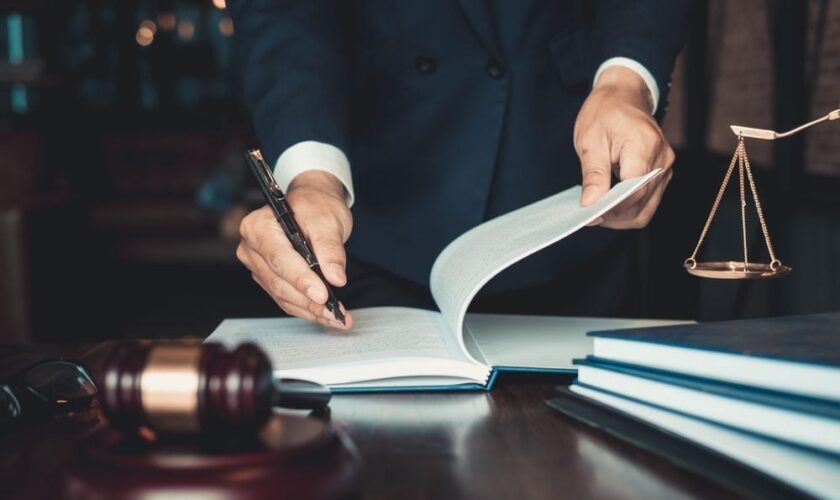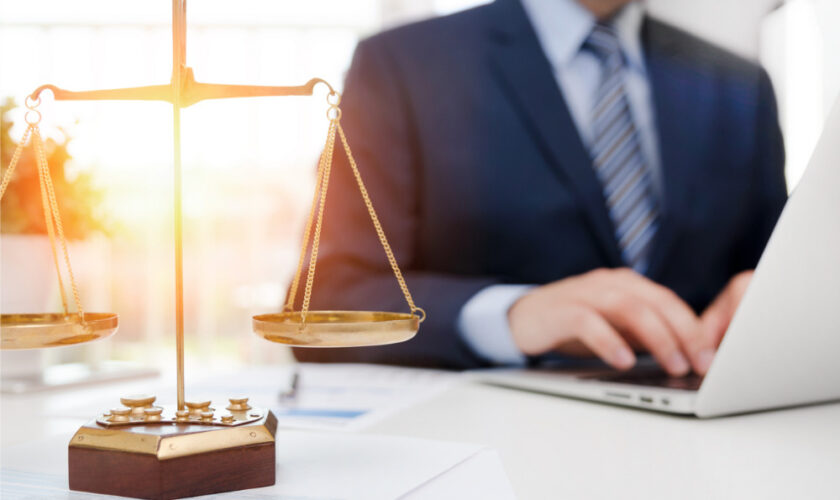Dealing with car accidents is stressful enough, but when the at-fault driver is uninsured, the challenges compound. This is where a car crash attorney in Atlanta can make all the difference. These legal professionals possess the expertise to guide you through the complex process of uninsured motorist claims, ensuring you receive the compensation you deserve. Their knowledge of local laws and experience with insurance companies work to protect your rights while alleviating the burden of navigating legal hurdles on your own.
Understanding Uninsured Motorist Claims
When a driver without insurance causes an accident, compensating the victims often becomes a complicated issue. While some motorists have uninsured motorist coverage through their own insurance provider, accessing these funds is not always straightforward. Attorneys specializing in such claims ensure that victims can secure compensation even when the liable party lacks insurance.
Uninsured motorist claims generally involve intricate negotiations and a solid understanding of insurance policies. A dedicated attorney evaluates the nuances of your case, determines coverage limitations, and ensures that the victim’s rights are upheld throughout the process.
Evaluating Insurance Policies and Legal Options
One of the first tasks an attorney undertakes is assessing all relevant insurance policies. Many drivers are unaware of the specifics of their own coverage. Attorneys make sure to identify whether uninsured motorist coverage applies. If applicable, this coverage can often compensate for medical expenses, property damage, and even lost wages.
Additionally, an attorney will outline viable legal pathways. This could include filing a claim with your insurance company or pursuing other liable parties if applicable. Understanding what a car accident lawyer actually does, such as crafting a strong case and negotiating on your behalf, is essential for victims seeking justice.
Handling Complex Negotiations with Insurers
Navigating insurance negotiations on your own can be overwhelming. Insurance companies often employ tactics to minimize payouts, even when you are entitled to compensation. But with a skilled car crash attorney on your side, these tactics can be countered effectively.
Attorneys are well-versed in identifying and challenging bad-faith practices insurers sometimes use. They collect evidence, build a compelling case, and ensure all aspects of your claim are well-documented. Whether dealing with medical reports, witness statements, or repair estimates, attorneys bring a meticulous approach to negotiations.
Resolving Disputes Through Litigation
While many uninsured motorist claims are resolved through settlements, not every case ends amicably. If negotiations fail, the situation often escalates to litigation. Car crash attorneys are prepared to take this step when necessary, presenting your case before a court to secure fair compensation. Litigation requires extensive legal expertise and preparation, which highlights the importance of relying on experienced professionals rather than attempting these processes alone.
Cases involving uninsured motorists often require proving fault, which may include gathering accident reconstruction reports or witness testimonies. Attorneys handle these details, ensuring every aspect of your case is backed by solid proof to achieve the best possible outcome.
Why Hiring a Professional Is Non-Negotiable
Uninsured motorist claims are rarely simple. The stakes are high, and the legal intricacies involved demand professional attention. Choosing the right attorney for your case is crucial, as their experience, negotiation skills, and familiarity with such claims significantly impact the resolution. Before deciding, consider some key questions you should ask when hiring a car accident attorney. Knowing what to look for in a legal expert ensures you have the right support from start to finish.
Conclusion
Uninsured motorist claims present unique challenges that can overwhelm accident victims. However, a skilled car crash attorney is equipped to manage these complexities on your behalf. From evaluating insurance policies to negotiating with insurers and resolving disputes through litigation, their expertise ensures you are never alone in the battle for fair compensation. When faced with such a situation, partnering with an experienced attorney ensures that your rights, well-being, and financial stability are all protected.











